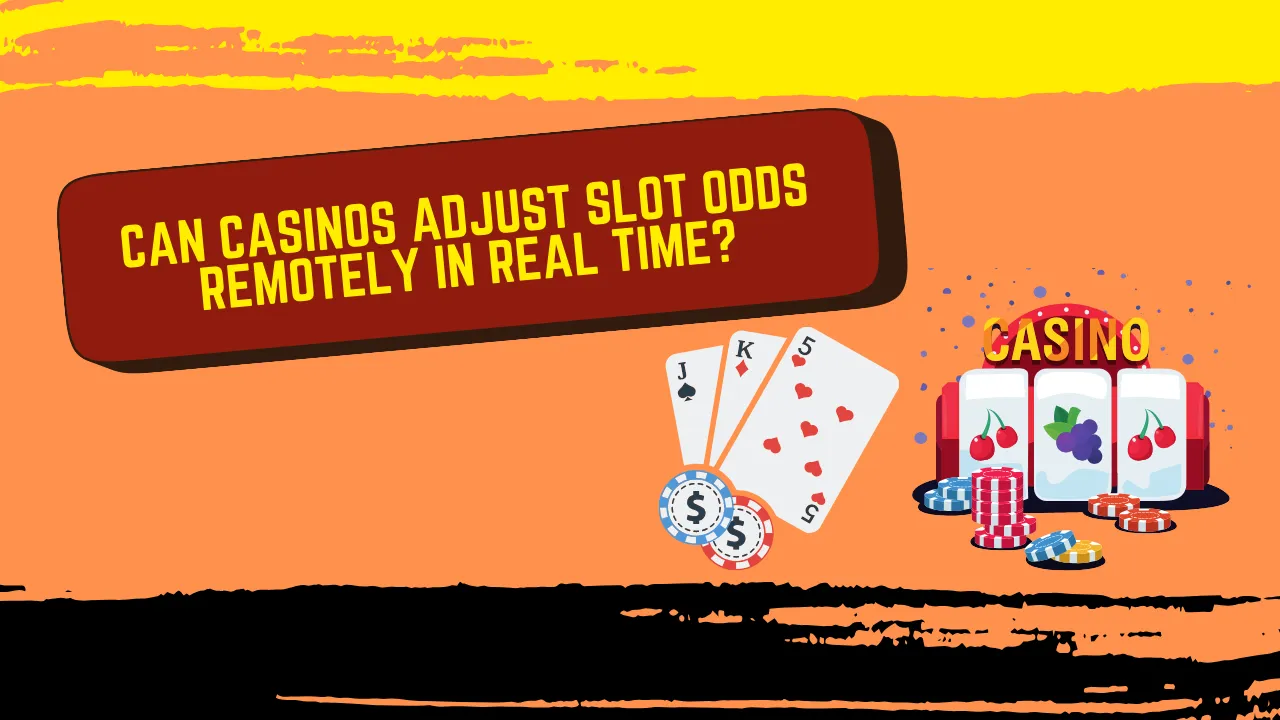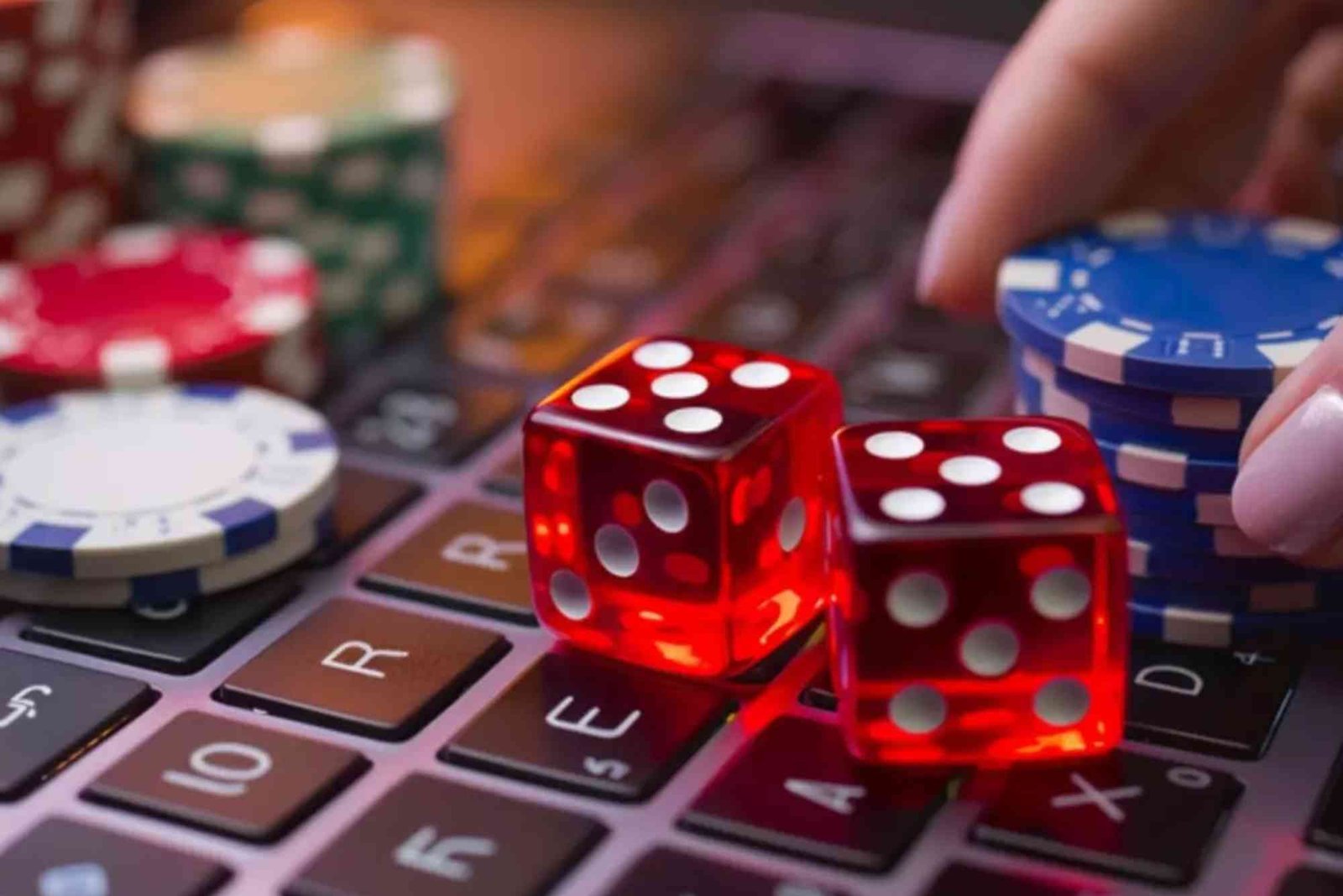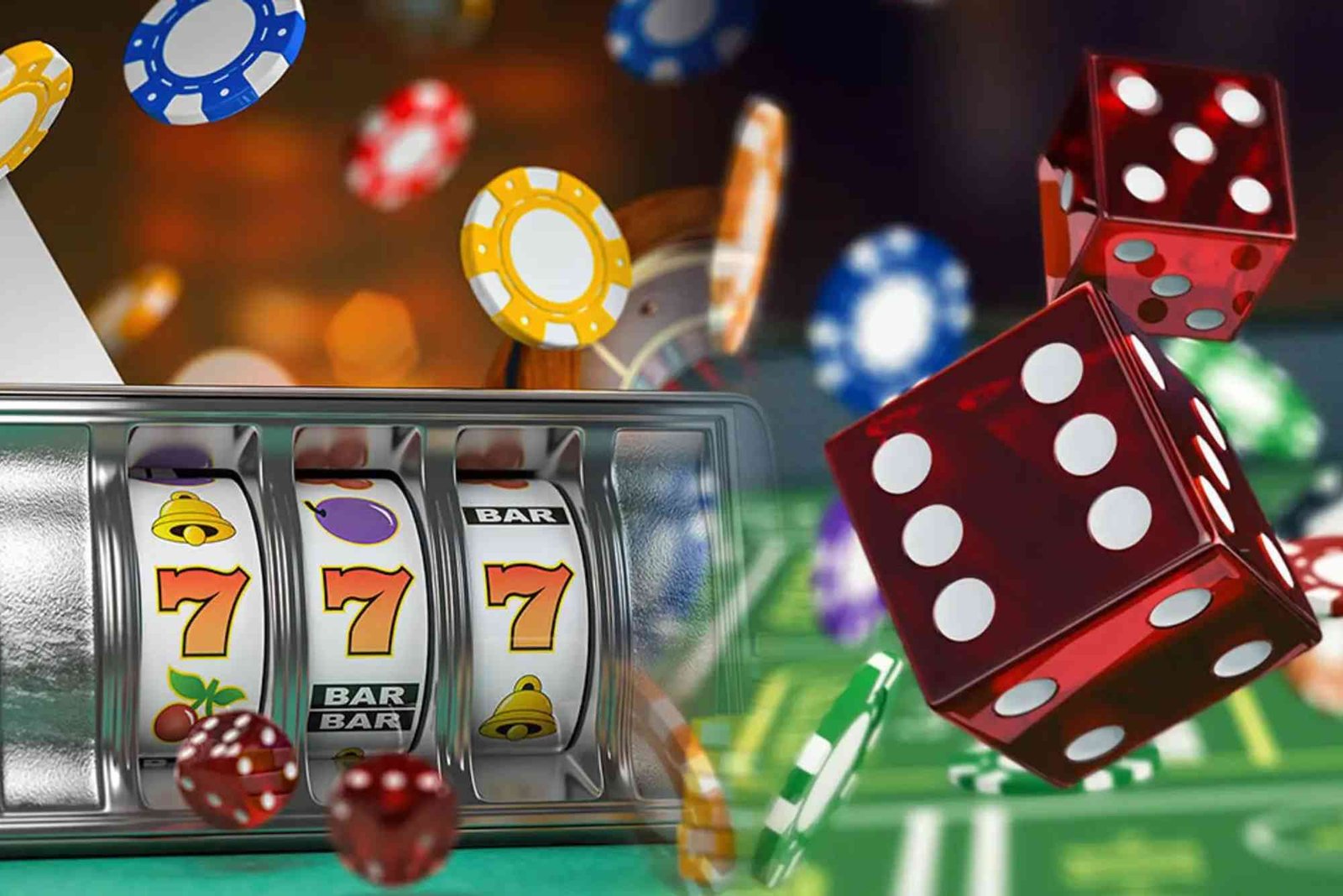The idea that casinos might secretly change the odds of a slot machine while you’re playing is one of the most debated topics among gamblers. Some believe casinos have a hidden “switch” they flip during busy hours to tighten payouts, while others argue regulations make such practices impossible. The truth lies somewhere in between.
Modern slot technology and regulatory frameworks have evolved significantly. While remote adjustments are technically possible in certain cases, the process is far more controlled and transparent than most myths suggest. Let’s break down how it actually works and what it means for players.
How Slot Machines Really Work
To understand whether odds can be changed, you need to know how slots operate. Every modern slot machine runs on a random number generator (RNG). This software constantly produces thousands of number combinations every second, and those numbers decide where the reels stop.
The “odds” players refer to are determined by the paytable and the theoretical return-to-player (RTP) percentage programmed into the machine. Changing RTP usually means updating the machine’s configuration files or paytable settings — not something casinos can simply tweak casually in the middle of a busy night.
Players familiar with online gambling already see this digital-first approach. Just like people researching the top 10 poker sites uk often evaluate fairness and payout rates, slot players are increasingly aware of how crucial those programmed percentages are. That awareness makes transparency even more important for casinos.
Remote Adjustments: What’s Possible
There are two main types of slot machines today: standalone units and server-based machines.
Standalone machines store their game code and payout settings locally in the cabinet. If a casino wants to change the RTP or paytable here, it usually requires a physical update — replacing a chip, installing new firmware, or applying a secure update on-site. This process is logged and typically monitored.
Server-based or system-supported machines are more advanced. In these setups, some game logic and settings can be managed from a central server. This allows operators to roll out changes across multiple terminals at once, which could include RTP configurations. However, these changes are tightly controlled, require approvals, and are often subject to strict logging and regulatory oversight.
Regulatory Safeguards
Even if the technology exists, casinos can’t just adjust odds on a whim. Regulators require every change to be documented, traceable, and compliant with gambling laws. Many jurisdictions mandate that games must be idle during updates or display a service notice if any adjustments are being made.
These rules are in place to ensure fairness and protect players. Regulators also audit operators regularly, meaning a casino caught manipulating odds in real time would risk losing its license. For most operators, the potential damage to trust and reputation far outweighs any short-term gain from adjusting odds secretly.
Why Casinos Don’t Constantly Change Payouts
Aside from regulations, there are practical reasons casinos don’t endlessly tweak slot odds:
-
Trust matters: Players are quick to lose confidence if they feel games are unfair.
-
Operational planning: Promotions, jackpots, and loyalty programs are designed around consistent payout structures.
-
Technical stability: Constantly changing odds could disrupt gameplay and create errors in reporting or balance tracking.
-
Business strategy: Casinos rely on the long-term edge built into the RTP, not on last-minute adjustments, to ensure profitability.
In reality, most casinos select a payback percentage when the machine is installed and stick with it. Any future adjustments are handled carefully, logged, and often require downtime.
What Remote Updates Are Really Used For
When remote updates are used, they’re generally for operational reasons, not to alter the player’s chances mid-spin. These updates might include:
-
Deploying bug fixes or security patches
-
Adding seasonal themes or bonus features
-
Enabling or disabling progressive jackpots
-
Syncing machines with loyalty programs
These functions improve efficiency and player engagement but don’t equate to secretly reducing payouts on demand.
What Players Should Know
For players, the most important takeaway is this: licensed casinos operate under strict rules designed to ensure fairness. If a casino needs to change machine settings that impact payouts, it must do so in compliance with regulations, often under direct oversight.
That means the “odds” on your favorite machine aren’t being manipulated mid-spin or adjusted just because the casino floor is busier than usual. Variance — long losing streaks or sudden winning runs — is simply part of how slot math works.
If you want peace of mind, stick to regulated casinos and online platforms that publish RTP rates and undergo regular testing. Transparency is a player’s best protection.
Conclusion
So, can casinos adjust slot odds remotely in real time? Technically, yes — but practically and legally, it’s not something done lightly or in secret. Remote technology is mainly used for maintenance, compliance, and improving the player experience, not for rigging outcomes.
The next time you hear someone claiming casinos tighten slots during peak hours, remember that regulations, oversight, and business incentives make such practices highly unlikely. Slots remain games of chance, designed to deliver long-term profitability for casinos while giving players a fair and regulated experience.




